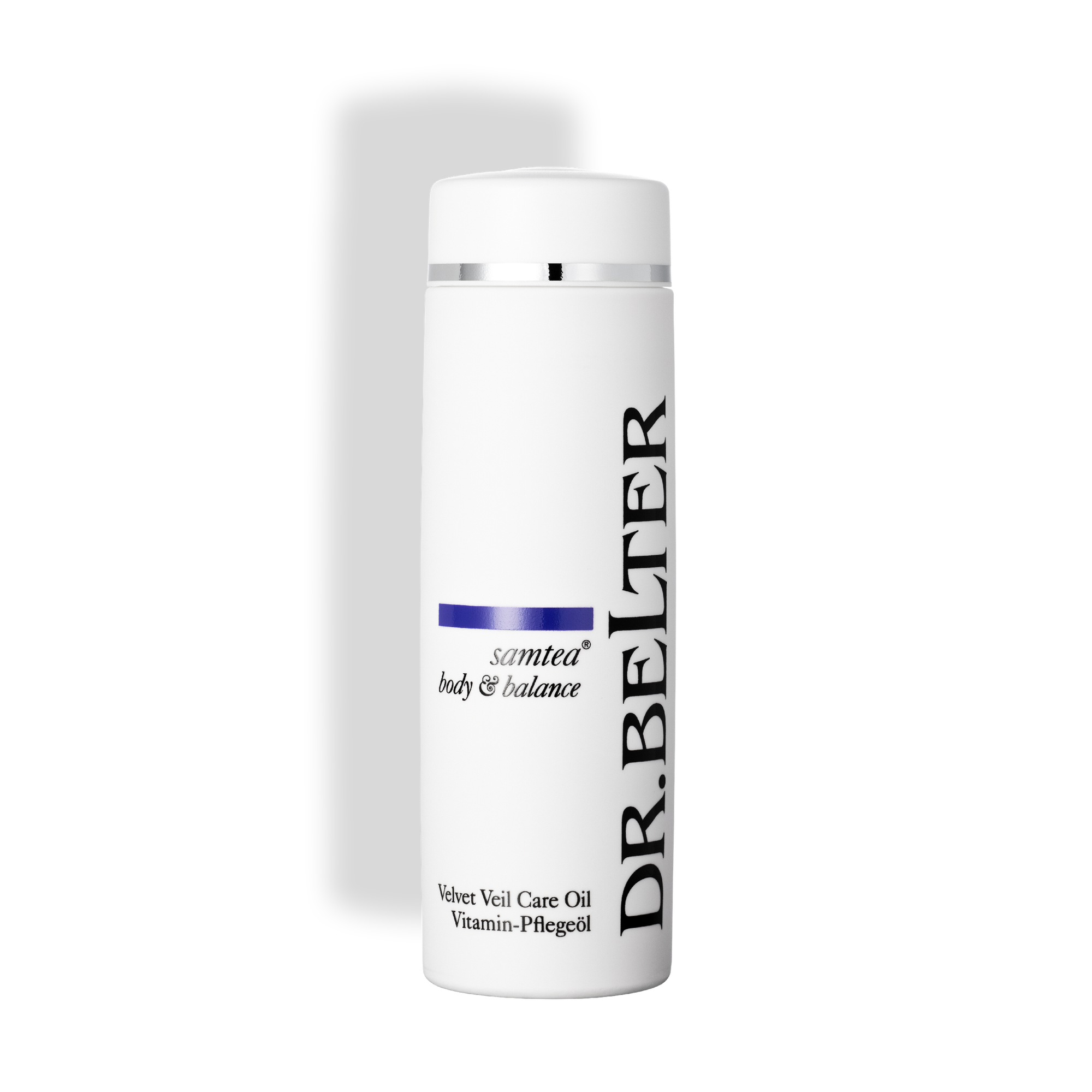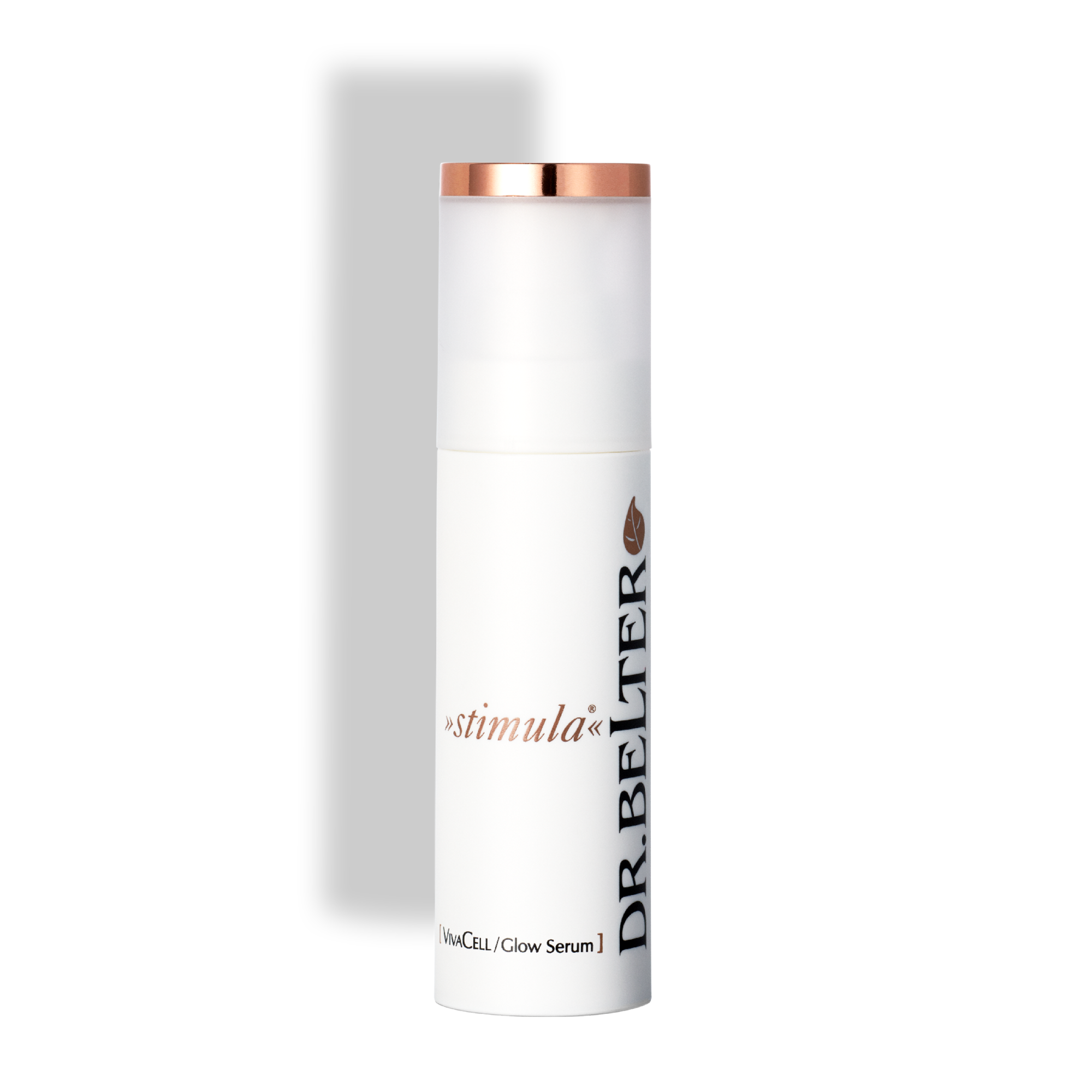Vitamin A – A Miracle Cure for Health and Skin
Vitamins are essential organic compounds that play regulatory roles in human metabolism. To date, thirteen vitamins have been identified as indispensable for humans. Out of these thirteen, the body can only produce two: vitamin B3 and vitamin D. In the context of vitamins, “essential” means that the body cannot synthesise them and therefore, they must be obtained externally through our diet. Some vitamins, especially fat-soluble ones, can be stored by the body for extended periods, while others require daily intake. Vitamins act as coenzymes in energy metabolism, cell growth, and blood formation. Without the respective vitamins, these processes are impaired or cease to function entirely.
A lack of vitamins leads to deficiency symptoms. The most well-known example is scurvy, caused by vitamin C deficiency. It was common among sailors on long voyages. Months of consuming dry biscuits and salted meat led to skin inflammations, fever, and muscle atrophy. Vitamin C plays a crucial role as a coenzyme in the formation of collagen for our connective tissue.
Vitamin A, also known as retinol, is an essential fat-soluble vitamin that plays a key role in the health of our skin and body.
Biochemical role of vitamin A in nutrition
Vitamin A exists in two primary forms: retinoids, found in animal products, and carotenoids, found in plant-based foods. These forms are processed differently in the body:
- Retinoids: This group includes retinol, retinal, and retinoic acid. Retinol is stored in the liver and converted to retinal as needed, which is essential for the production of rhodopsin, a pigment in the retina necessary for vision. Retinoic acid acts as a hormone, regulating gene expression critical for cell growth and differentiation.
- Carotenoids: These precursors to vitamin A, such as beta-carotene, are converted to retinol in the intestine. Beta-carotene is also a powerful antioxidant that protects cells from oxidative stress.
Dietary sources of vitamin A
A balanced diet rich in vitamin A can be achieved by consuming the following foods:
- Animal sources of retinol: liver, fish oil, dairy products, eggs
- Plant sources of beta-carotene: carrots, sweet potatoes, spinach, kale, and other leafy greens, as well as cantaloupe and apricots
Biochemical effects of vitamin A in skincare
In dermatology, vitamin A is primarily used as retinol and its derivatives. These compounds are renowned for their ability to improve skin structure and reduce signs of aging.
Mechanisms of retinol’s effects on the skin
- Cell renewal: Retinol promotes the proliferation of keratinocytes in the epidermis. It accelerates the overall cell turnover and regeneration cycle, leading to skin renewal. This results in firmer, smoother skin and a reduction in pigmentation spots.
- Collagen synthesis: Retinol stimulates fibroblasts – collagen-producing cells in connective tissue. Collagen, the structural protein responsible for skin firmness and elasticity, is produced in greater amounts, visibly reducing the appearance of wrinkles and fine lines.
- Antioxidant effect: Retinol acts as an antioxidant, protecting skin cells from oxidative stress caused by free radicals. This helps prevent cellular damage and photoaging.
- Acne treatment: Retinoids regulate sebum production and keratinisation, preventing clogged hair follicles and reducing acne breakouts in blemish-prone skin.
The use of vitamin A in skincare requires careful dosage
- Concentration: Start with low concentrations to allow the skin to adapt to vitamin A and avoid potential irritation. The concentration can then be gradually increased.
- Sun protection: Since vitamin A can make the skin more sensitive to UV rays, it is essential to use sunscreen during the day.
- Combination with other active ingredients: Vitamin A can be combined with other active ingredients such as hyaluronic acid, additional vitamins, and phytochemicals to meet increased nutrient needs.
Conclusion:
Vitamin A is an indispensable component of a vital diet. As a growth-factor-like substance in facial and skincare, it is also a top favourite for high-performance care. With mindful application, it can reverse the effects of time like no other active ingredient.
















